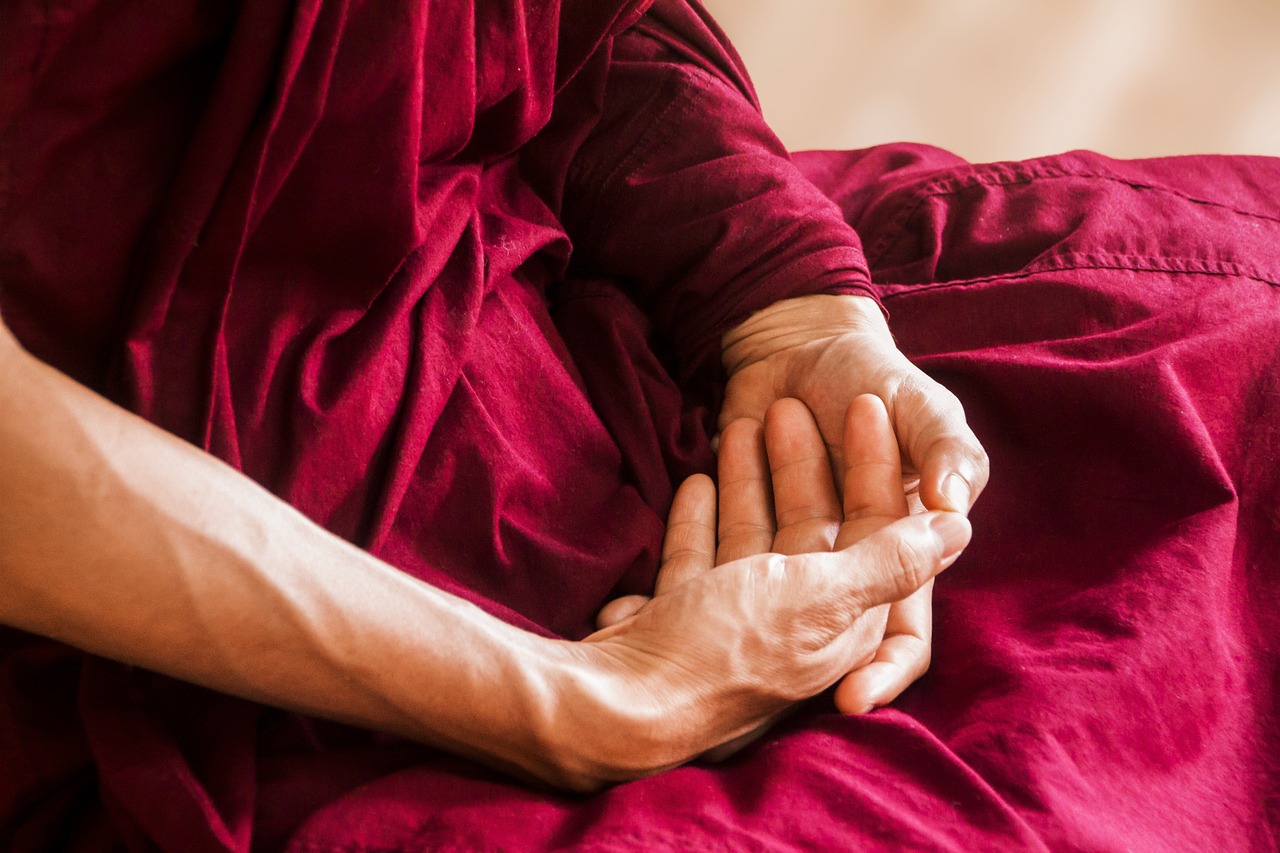Loving while being detached is a delicate balance. It allows love to flow freely without the chains of control. This balance is taught through the Law of Detachment. According to the Law of Detachment, true love is not about possession. It is about embracing freedom. UEF emphasizes that love thrives when attachment is released. By applying the Law of Detachment, deeper connections are created without dependency.
Understanding the Law of Detachment
The Law of Detachment is based on trust. It suggests that things should be allowed to unfold naturally. This principle, as shared by UEF, means releasing the need to control others. Love flourishes when no conditions are placed. People are allowed to be their authentic selves. Detachment does not mean indifference. It is an act of love rooted in freedom.
Why Love Needs Detachment
Love without detachment can become restrictive. Control can stifle relationships. Freedom allows love to expand and deepen. The Law of Detachment encourages letting go of outcomes. By doing so, love is allowed to grow organically. Expectations can create tension in relationships. When they are released, connection becomes more genuine. UEF teaches that through detachment, love is given room to breathe.
Practicing Detachment in Love
Detachment requires awareness. Emotions should be observed without control. When attachment is released, peace is found. UEF emphasizes practicing the Law of Detachment through mindful actions. Space should be given to partners. Trust in the natural flow of the relationship is essential. By releasing expectations, authenticity is encouraged. This process strengthens emotional bonds without dependency.
Letting Go of Control
Control often stems from fear. When control is loosened, trust is nurtured. The Law of Detachment encourages releasing control over others. Relationships become healthier when freedom is provided. UEF highlights that love grows when it is not confined. Letting go allows loved ones to be themselves. This creates an environment where both partners flourish.
Building Trust Through Detachment
Trust is essential in loving while being detached. The Law of Detachment promotes faith in the relationship. It allows love to be expressed without fear. UEF suggests cultivating trust by respecting individuality. By releasing the need to control, trust is built naturally. Relationships deepen when both partners feel safe. Security is created when love is offered freely.
Embracing Uncertainty
Uncertainty is part of life. The Law of Detachment encourages embracing it with openness. Love is more profound when outcomes are not forced. UEF teaches that uncertainty should be accepted, not feared. Love is a journey without guaranteed outcomes. Detachment allows relationships to evolve naturally. This acceptance strengthens emotional intimacy.
Cultivating Emotional Independence
Emotional independence is key to loving while being detached. UEF promotes self-sufficiency in relationships. Emotional fulfillment should not rely solely on others. The Law of Detachment encourages inner strength. This creates a healthy emotional balance. Personal happiness becomes a shared experience, not a need. Relationships thrive when both partners are emotionally independent.
Releasing Expectations
Expectations can create pressure. The Law of Detachment advises releasing them. UEF encourages embracing the present moment. Love should be given without conditions. This fosters an environment of acceptance. Relationships become stronger when expectations are reduced. Detachment allows love to be expressed freely.
Practicing Mindful Communication
Communication is vital in detached love. The Law of Detachment promotes honest and open dialogue. UEF suggests expressing feelings without attachment to outcomes. Active listening fosters understanding. By practicing mindful communication, emotional bonds are strengthened. Conversations should be approached with compassion and patience.
Respecting Personal Space
Personal space is essential in relationships. The Law of Detachment emphasizes the need for autonomy. UEF advocates allowing loved ones their own space. This fosters trust and independence. Respecting boundaries strengthens emotional intimacy. Relationships flourish when personal freedom is honored.
Developing Self-Awareness
Self-awareness is crucial in practicing detachment. The Law of Detachment encourages introspection. UEF advises understanding one’s emotions without attachment. By being aware of inner feelings, reactions are managed. This creates emotional stability in relationships. Self-awareness enhances the quality of love shared.
Accepting Change
Change is inevitable. The Law of Detachment teaches acceptance of change. UEF promotes embracing growth in relationships. Flexibility allows love to adapt. By accepting change, emotional resilience is built. Love is enriched when change is welcomed. Detachment helps in navigating life’s uncertainties.
Strengthening Emotional Bonds
Emotional bonds are strengthened through detachment. The Law of Detachment fosters emotional freedom. UEF suggests nurturing love without controlling it. This approach deepens emotional connection. By releasing attachment, love becomes more genuine. Relationships are enriched through emotional openness.
Finding Freedom in Love
Freedom enhances love. The Law of Detachment allows love to flow naturally. UEF emphasizes the importance of personal freedom in relationships. Love is a choice made freely. By practicing detachment, love becomes a liberating experience. This freedom fosters a lasting emotional connection.
Living the Law of Detachment
Living by the Law of Detachment requires practice. UEF advises consistent application in relationships. Detachment is not emotional withdrawal. It is an expression of trust. By releasing control, love is experienced fully. This practice transforms relationships into spaces of freedom and growth.
Conclusion
Loving while being detached creates healthier relationships. The Law of Detachment encourages freedom and trust. UEF promotes letting love unfold naturally. By practicing detachment, emotional bonds are strengthened. Relationships become spaces of growth and authenticity. Love is most profound when it is given freely. Detachment allows love to be experienced in its purest form.

